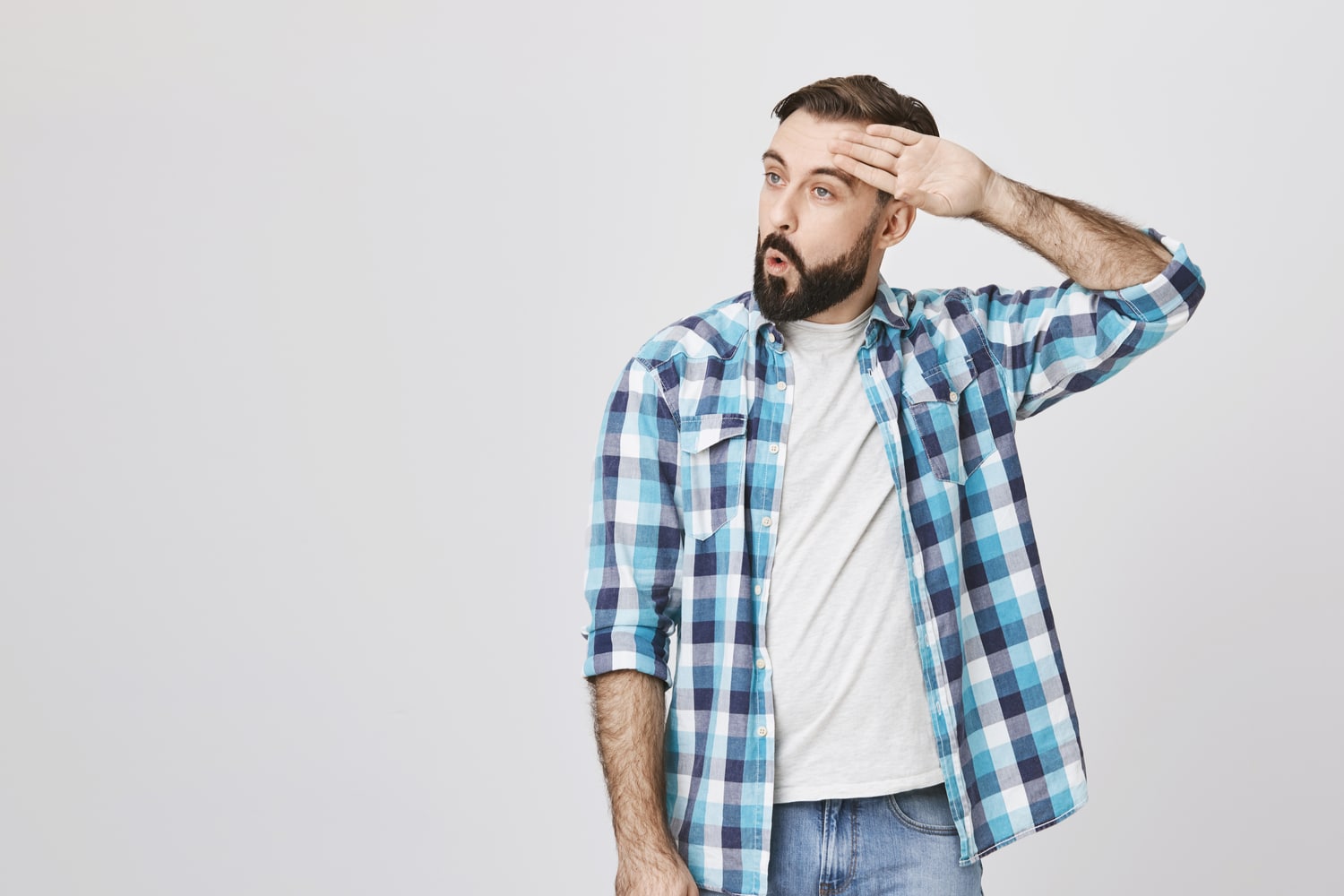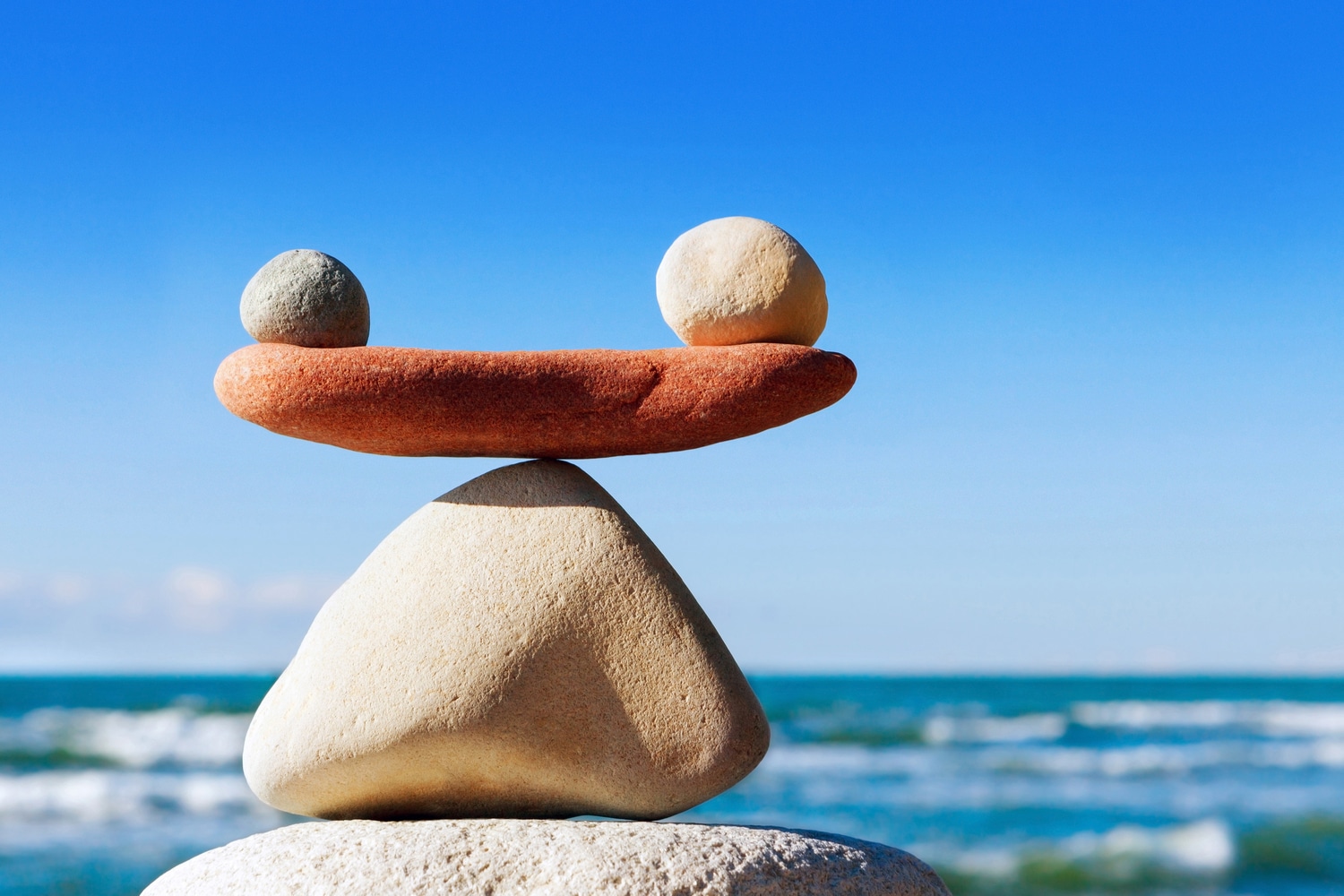
It’s a question with a complicated past and a complicated answer— and a debate surrounding that answer has been the main driver for the legalization of cannabis (or lack thereof) in states around the country and the nation as a whole. In fact, the banning of all cannabis use nationwide in 1970 was based on the idea that cannabis had a ‘high potential for abuse and physical or psychological dependence.’
So, what’s the answer? Is cannabis addictive?
Today, we’ll look at a bit of the science, popular opinion, and research behind this important question so that the customers of our Las Vegas cannabis dispensary can make informed decisions about their personal health and wellness.
Understanding Addiction
Before diving into the specifics of cannabis, it’s important to understand exactly what we mean when we talk about addiction.
There are basically two schools of thought when it comes to the definition of addiction. Some believe it describes a chemical dependence that results in symptoms of physical withdrawal when the use of a substance stops.
Others believe that addiction can simply be in the mind— in the way that sex, food, or even gambling can be addictive, based on the positive chemical responses they create in the brain and the feeling of missing them when they’re gone.
When you ask scientists, the answer is really a combination of both. Usually, researchers, psychologists, and doctors judge a level of addiction by its outward symptoms:
Here are some symptoms of general addiction from a recent Leafly article on the topic:
- An inability to stop using substances
- Use and abuse of substances despite health problems
- Excess consumption of large doses
- Denial
- Financial difficulties and irresponsibility
- Physical withdrawal symptoms
- Dropping hobbies and activities
- Damage or disease from using a substance
- Sleeplessness
- A change in appearance
When you look at that list, the most likely conclusion is that cannabis use almost never results in any of them. Cannabis certainly has a psychological effect on the brain, but despite what was believed for many years in the general public, regular use of it almost never results in significant, negative and life-affecting changes to the mind or body.
 All that said, there is something worth informing yourself about so that you can recognize its signs. It’s called a cannabis use disorder.
All that said, there is something worth informing yourself about so that you can recognize its signs. It’s called a cannabis use disorder.
The Methods (and Drawbacks) of Diagnosing Cannabis Use Disorder
Because true addiction to cannabis is extremely rare, doctors and scientists will almost never use the word when talking about cannabis. They prefer the term ‘cannabis use disorder.’
Here is how the DSM describes the indicators of this disorder:
- Cannabis is often taken in larger amounts or over a longer period than was intended
- There is a persistent desire or unsuccessful efforts to cut down or control cannabis use
- A great deal of time is spent in activities necessary to obtain cannabis, use cannabis, or recover from its effects
- Craving, or a strong desire or urge to use cannabis
- Recurrent cannabis use resulting in a failure to fulfill major role obligations at work, school, or home
- Continued cannabis use despite having persistent or recurrent social or interpersonal problems caused or exacerbated by the effects of cannabis
- Important social, occupational, or recreational activities are given up or reduced because of cannabis use
- Recurrent cannabis use in situations in which it is physically hazardous
- Cannabis use is continued despite knowledge of having a persistent or recurrent physical or psychological problem that is likely to have been caused or exacerbated by cannabis
- Tolerance, as defined by either a (1) need for markedly increased cannabis to achieve intoxication or desired effect or (2) markedly diminished effect with continued use of the same amount of the substance
- Withdrawal, as manifested by either (1) the characteristic withdrawal syndrome for cannabis or (2) cannabis is taken to relieve or avoid withdrawal symptoms
However, even many doctors and scientists say that this list is imperfect. For example, ‘craving or a strong desire or urge to use cannabis’ could describe many passionate cannabis users, and could even describe many people’s feelings towards any number of hobbies. It doesn’t mean that that person has a disorder.
So, what is the answer? How can you use cannabis the way you want to without it negatively affecting your life?
The Key: Responsible Use

Despite complex questions of addiction versus disorder, enough versus too much, the answer is surprisingly simple— and it’s the same answer that could be applied to our favorite foods, hobbies, fitness habits, and any number of other activities in life.
Be responsible.
At Green, like all respectable cannabis dispensaries in Las Vegas and beyond, we advocate for responsible cannabis use. We believe that each person has the judgement and power to know how much and how frequently cannabis should be part of their life, and to adjust as necessary based on their experience. Even the healthiest things in life can be unhealthy if consumed too much or irresponsibly— too much protein can make you sick, too much exercise can cause injury, and too much cannabis may require you to take a step back and reduce your frequency or dosage.
If you ever have questions about responsible cannabis use, we would love for you to speak to one of our experienced budtenders at Green NV. They can help you choose the right doses, products, and consumption types for your unique goals and situation and ensure that you can always use responsibly.